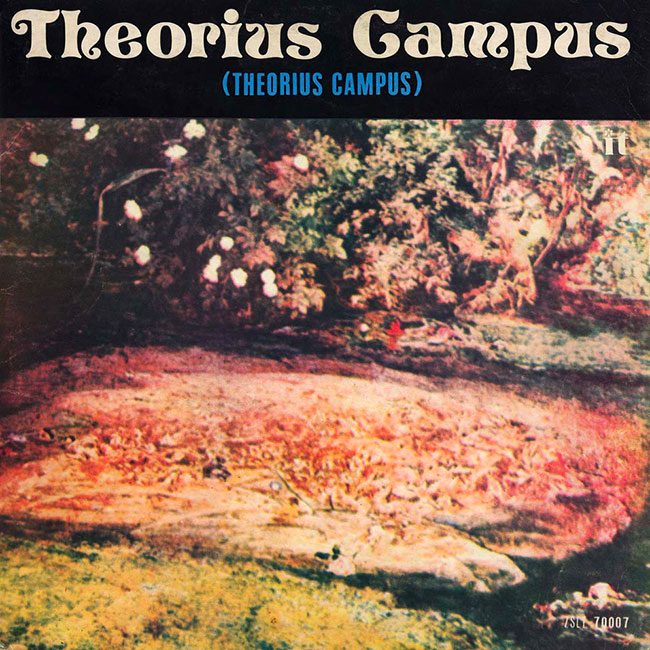Theorius Campus

Antonello Venditti: “I must say it was a risk. Not for us but for Micocci and Lilli Greco, who produced the record and who knew how to enchant the labels. I had a song like Roma capoccia, which I had people listen to and everyone liked it. It was revolutionary in terms of tastes, therefore attractive for a certain kind of market.
Thanks to Roma capoccia we produced the entire album. And we’re talking about a work that was quite ahead of its times, because, first of all, the musicians weren’t Italian. This was because it was hard to find instrumentalists who could accompany us and adjust to our particular way of playing. Had it been for me and Francesco, we would have only used the piano and the guitar. But instead we experimented something that turned out to be successful. So we merged with the Godfather, a band composed of Derek Wilson, Mick Brill, Dougie Meakin and Dave Sumner, and recorded the album. I remember that the first recording was far richer than the one released, because De Gregori and I were minimalists and at some point we began taking away instruments. If we were to record it today, we would save everything, because there were some beautiful musical inventions. We experimented a very particular sound, in the style of Phil Spector. With Lilly Greco we were able to create that sound, and it was a really difficult thing to achieve. The most complex aspect was to produce, with the limited means we had, the effect we were looking for.
I think we were the first to use the minimoog, as in La casa del pazzo, to produce some phrasings. Maurizio Giammarco, a member of my band, who I introduced, also played in that record. After Theorius Campus I worked on producing two albums: one for the Blue Morning and the other for Giorgio Lo Cascio – his first solo album. This happened because we had no one to turn to and had to produce our sounds by ourselves. I still find it interesting, when I think of myself as a producer back in those days.”
Excerpt from: Bosso, Antonello, Continuerò a cantare le cose della vita. Intervista ad Antonello Venditti, in: «Musikbox», new series, no.1, January-February 2001, pp.20-21
